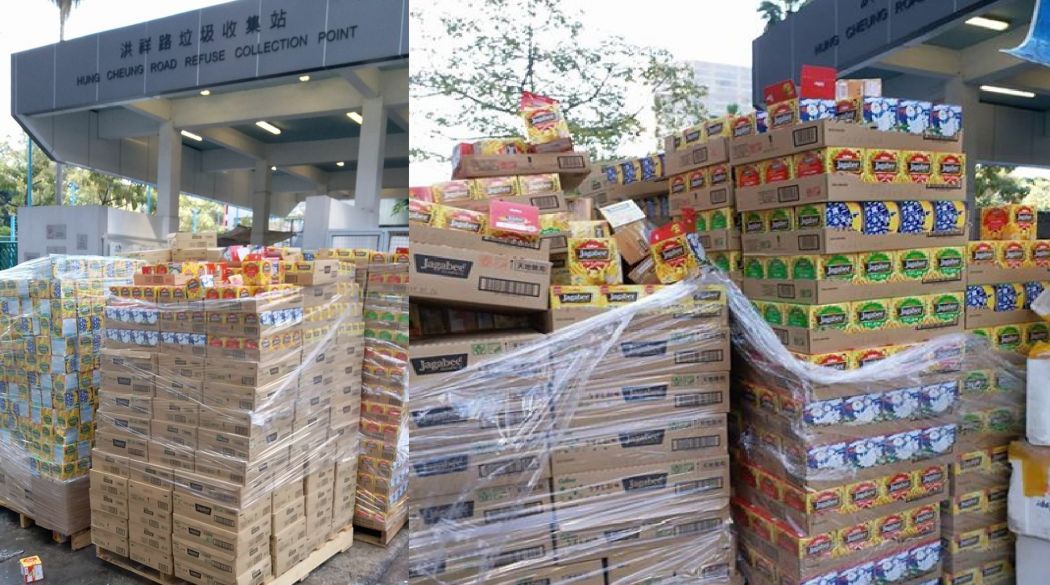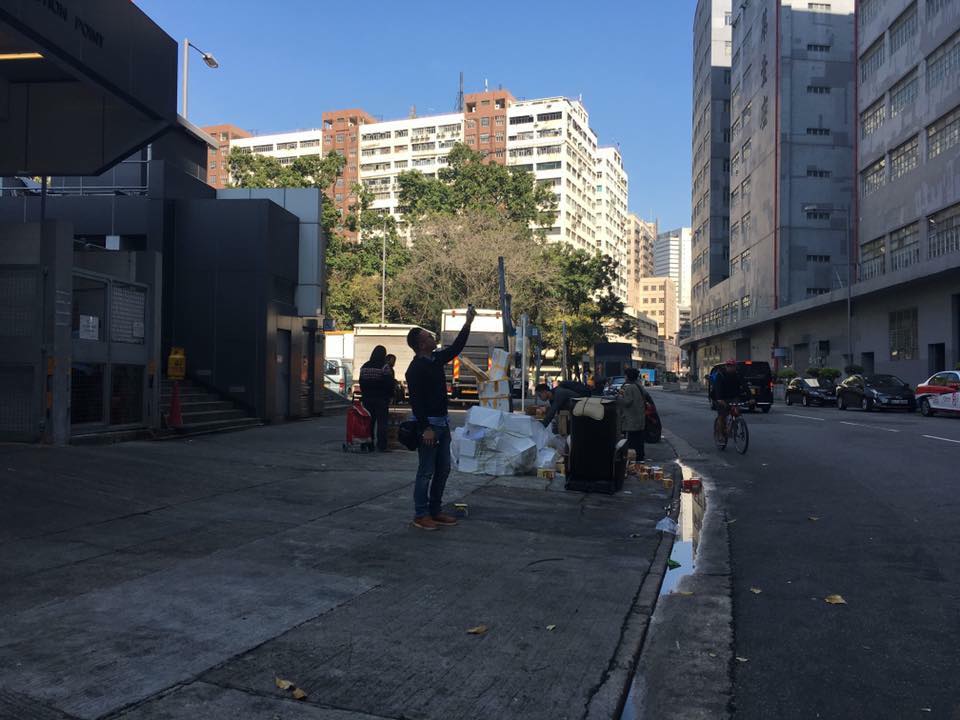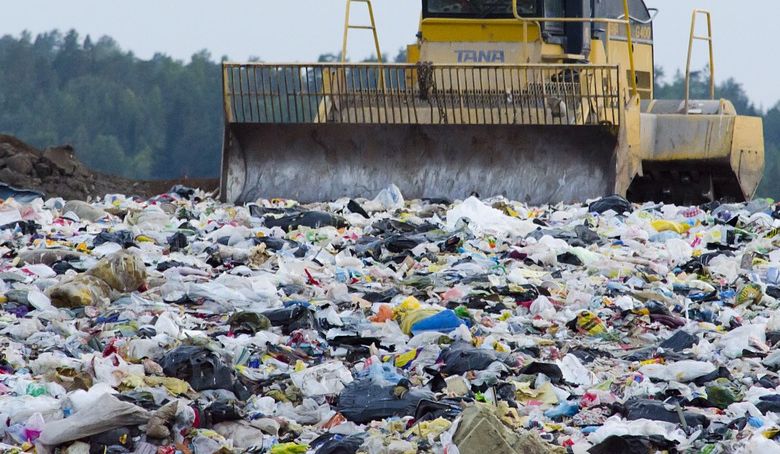Hongkongers collected an estimated 8,400 boxes of Calbee crisps, just a week past their “best-before” date, after they were found dumped at a Tuen Mun refuse collection centre on Saturday.
Amid cries of food waste, the Hong Kong agency and manufacturer responsible for the Calbee brand said that they neither imported nor manufactured the boxes in question. They claimed that the boxes were possibly parallel imports.

Internet users alerted each other to four large carts of unopened Calbee-brand Jagabee potato sticks lying outside Hung Cheung Road Refuse Collection Point in Tuen Mun on Saturday morning. HK01 estimated that the four large carts contained 8,400 boxes, or 42,000 packets.
The snacks were manufactured last October, and their best-before date was listed as between January 25 and 27.
Many internet users decried the waste of food, and arrived within the next few hours to scavenge for the snacks. Some lifted the carts into trucks.
“Nothing would happen [if you ate the food] even after a month,” wrote one commenter.
“Why did you not donate this to a food bank or a community centre earlier?”, asked another.
Some commenters said there was a difference between a best-before date and a use-by date. Food beyond its best-before date did not necessarily mean that it was unsafe to eat.
Parallel imports?
On Monday, Calbee’s Hong Kong import agency Four Seas Mercantile Limited and Hong Kong manufacturer Calbee Four Seas Company Limited issued a joint statement. The agency said it did not import the snacks in question, while the manufacturer said it did not produce them.

The companies claimed that the snacks were possibly parallel imports – food that is not necessarily counterfeit, but imported through non-official channels.
They said that the snacks therefore may not have met the standards of food safety regulations in Hong Kong, and told consumers to pay attention.
‘Good Samaritan law’
Some internet users alluded to the lack of a Good Samaritan food donation law in Hong Kong in order to explain why the owners of the snacks may have discarded them.
A Good Samaritan law protects donors from liability and lawsuits from recipients, for example if they fall ill after eating the food. It has been enacted in countries such as the United States.
“If they don’t want [the food], the only legal thing to do is to pay to dump it in a landfill,” wrote Facebook page AfterBestStillGood. “They’re never going to donate. They would rather be insulted by Hongkongers than fight a lawsuit!”

“At this stage, the government has no plan to introduce a Good Samaritan law,” said Christine Loh Kung-wai, secretary for the environment, in response to questioning by legislators in December 2015. “We observe that such legislation still requires due care on food safety, which is a crucial practice.”
“We also understand that some NGOs have entered into food donation agreements with their donors to deal with food safety liability issues, taking into account the principles set out in the [Food and Environmental Hygiene Department’s] Food Safety Guidelines.”
